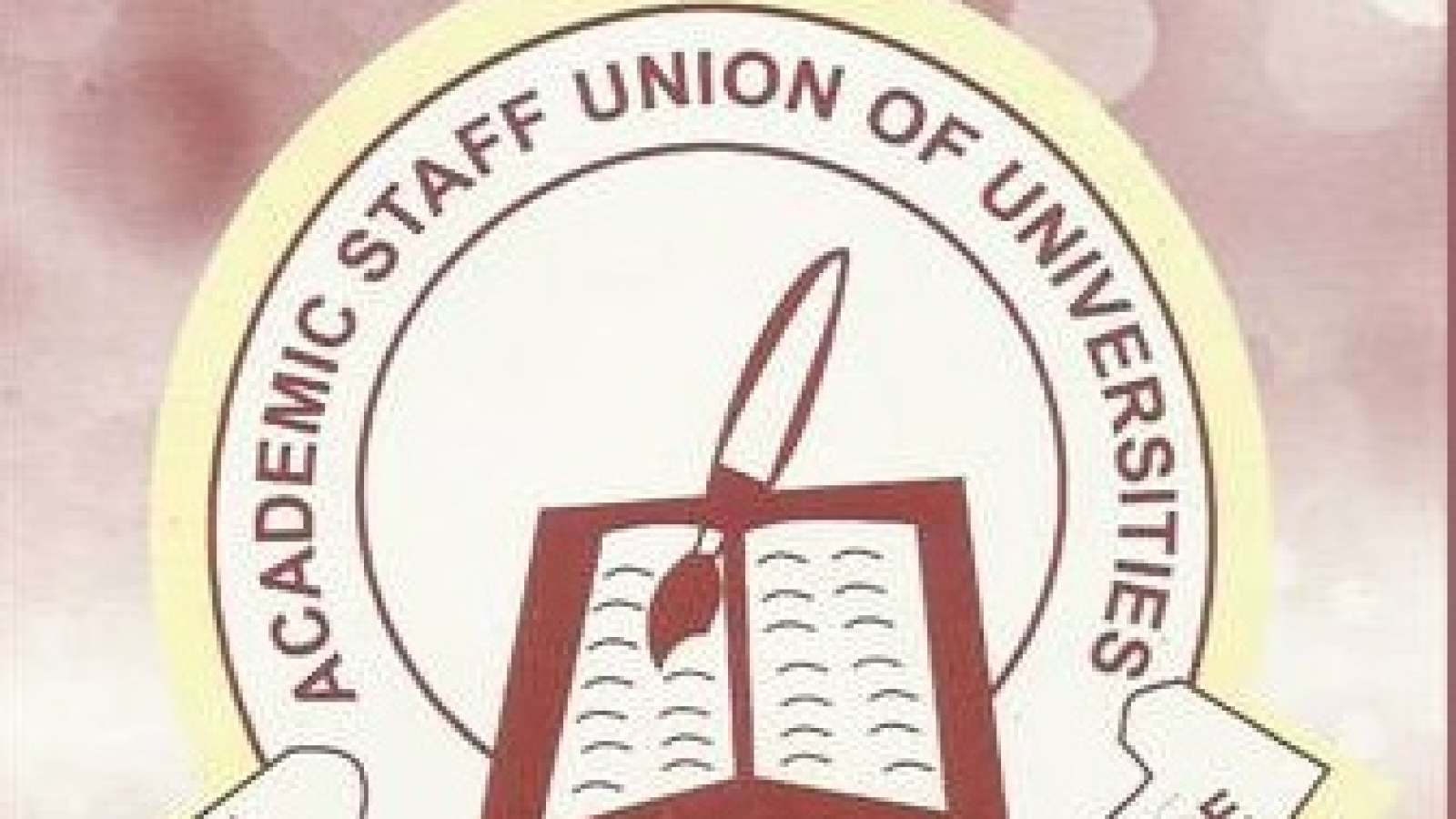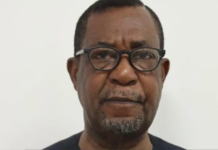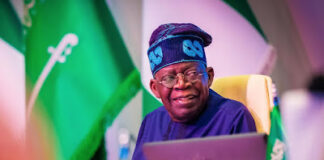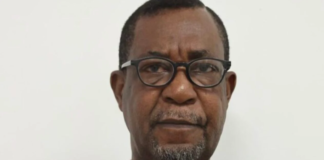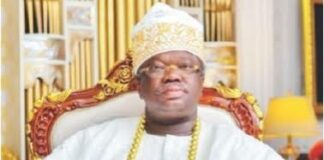“President Tinubu is concerned about the growing poverty in the country and is interested in tackling it head on…”
Dr Betta Edu, the Nigerian Minister of Humanitarian Affairs and Poverty Alleviation, has called every Nigerian to do something to contribute their quota to nation-building, rather than fold his hands and complain.
The minister made the statement during a Raypower current affairs programme, ‘Factfile. She said governance is a work in progress and that the country’s problems would not disappear overnight.
According to her, the different dimensions of poverty would be addressed by different methods because President Bola Ahmed Tinubu is committed to improving the lives of the average Nigerian.
In her response to the criticism of the authenticity of the social register used by the last administration by many stakeholders, the minister said the Tinubu administration inherited a register that had been compiled over the years, which needed to be updated. “We have almost concluded our audit of that register, to ensure that those in it are real people. Some are dead, some are no longer in that category because they are no longer living below $1.95 a day; they have moved higher and new people have joined the list,” she added.
On the assessment of some of the social intervention programmes of the last administration and the direction the Tinubu administration intends to follow, the minister said the new government does not intend to throw the baby away with the bath water. She added: “In other words, we are going to pick what is useful from what the last administration did and throw away what is not useful. What we can restructure and redeem, we will restructure. But what is not redeemable, we will jettison and throw away.
“The intent behind the programme is what we should look at. I will give you an example of the Npower programme, which we are going to relaunch. The idea is to provide jobs for young Nigerians who are unemployed. It used to be for young Nigerians between the ages of 18 and 35 but we are extending it to the age of 40. The intent remains to provide jobs for young Nigerians that are unemployed so that they can have some form of livelihood.”
Dr Edu admitted that the way some of the programmes were implemented by the last administration may have negated their overall objective. She added: “That’s why we are going into a restructuring of the programme to plug the loopholes or bottlenecks identified so far. It would have the same objective of providing jobs for young, unemployed Nigerians, which is the responsibility of any reasonable government.
“You mentioned other programmes like ‘Tradermoni’, which are useful to Nigerians. These are zero-interest loans. The idea is to provide interest-free capital or support funds to that woman who is a petty trader; she is in the marketplace selling vegetables, tomatoes or fruits. If you put N60,000 into her business, she will be able to increase the volume of her business and have more profit to take care of her family. That way, you are growing the economy because you building small, micro and medium-sized businesses.
“You heard the president; the administration is going to give loans to students to go to school. In developed countries, governments give loans for people to be able to go to school. Most people who graduated from Havard could not afford the school fees but it was the student loan that was given to them that helped them to pay the fees. When they graduate and start working, they pay back. These are some of the opportunities President Bola Ahmed Tinubu is creating for Nigerians.”
On the enormity of the task ahead of her, Dr Edu said President Tinubu is concerned about the growing poverty in the country and is interested in tackling it head on, hence he directed the re-focusing of the mandate of the ministry towards poverty alleviation by renaming it the Ministry of Humanitarian Affairs and Poverty Alleviation from Ministry of Human Affairs, Disaster Management and Social Development.
She added: “This is because he understands in clear terms the enormity of the problem and the need for Nigeria to be able to meet up with Millennium Development Goals (MDG), which includes ending poverty by 2030.
“On taking over the affairs of the ministry, I did a baseline research to appreciate the task ahead of me. This entailed looking at books and the recent study of the poverty level in Nigeria by the National Bureau of Statistics (NBS) and several other useful sources of data to ascertain how many people are poor or extremely poor. We have all sorts of poverty; we have multidimensional poverty; we also have those that are affected by one form of humanitarian crisis or the other across the country.
“In Borno, Yobe and Adamawa alone, we have over eight million of such persons. In all parts of the country, those that are directly affected are about 15 million. These are the figures that we inherited. These figures and others from the further research that we have done in the last four weeks have given us information and have indicated the direction we should be heading, to be able to address the issue headlong.”
On the government’s plan to help vulnerable persons from across the country, Dr Edu said President Tinubu gave clear orders about his expectations from her ministry at the outset in order not to disappoint Nigerians who are waiting to see positive results.
She said: “President Tinubu said the trust of the nation has been put in my hands to be able to deliver; ensure you do it with sincerity and transparency. It’s one thing to look at the books in the office to see what is on the ground and it’s another to go to the field and interact directly with the people involved or hear from them. So, you can have the best understanding of what is going on and the best way to intervene.
“I have been to Makoko and several other communities in Lagos — I was in about six communities in the state. I have also been to Zamfara; I was in more than four communities in the state. I was also in Niger State, Borno State, among others to see what is on the ground and also to ensure that the National Social Register is a true reflection of Nigeria and the poor people that ought to be there; these are people living below $1.95 per day. All those who are vulnerable need to be on that list.
“It’s been a very rigorous exercise, trying to do a verification of those on the list, as the president directed us to do. He said integrity and transparency are the watchwords devoid of my politics. “We all heard him in his October 1 broadcast; he said I am going to provide N25,000 to 15 million poor, vulnerable households in Nigeria. About 62 million will be directly benefitting from this and it is starting this month, so it is not something that would take a long time to manifest.
“We are kicking off with this because we believe that Nigerians need that intervention to be able to live through this period, while he works on the macroeconomic and expands the horizon for people to be able to do businesses and create jobs among other things.”
A recent figure released by the National Bureau of Statistics (NBS) has put the figure of poor Nigerians at 71 million. Indications are that more are likely to slip into poverty, going by recent happenings in the country, which includes the removal of fuel subsidy, and the cash crunch earlier in the year among other developments.





